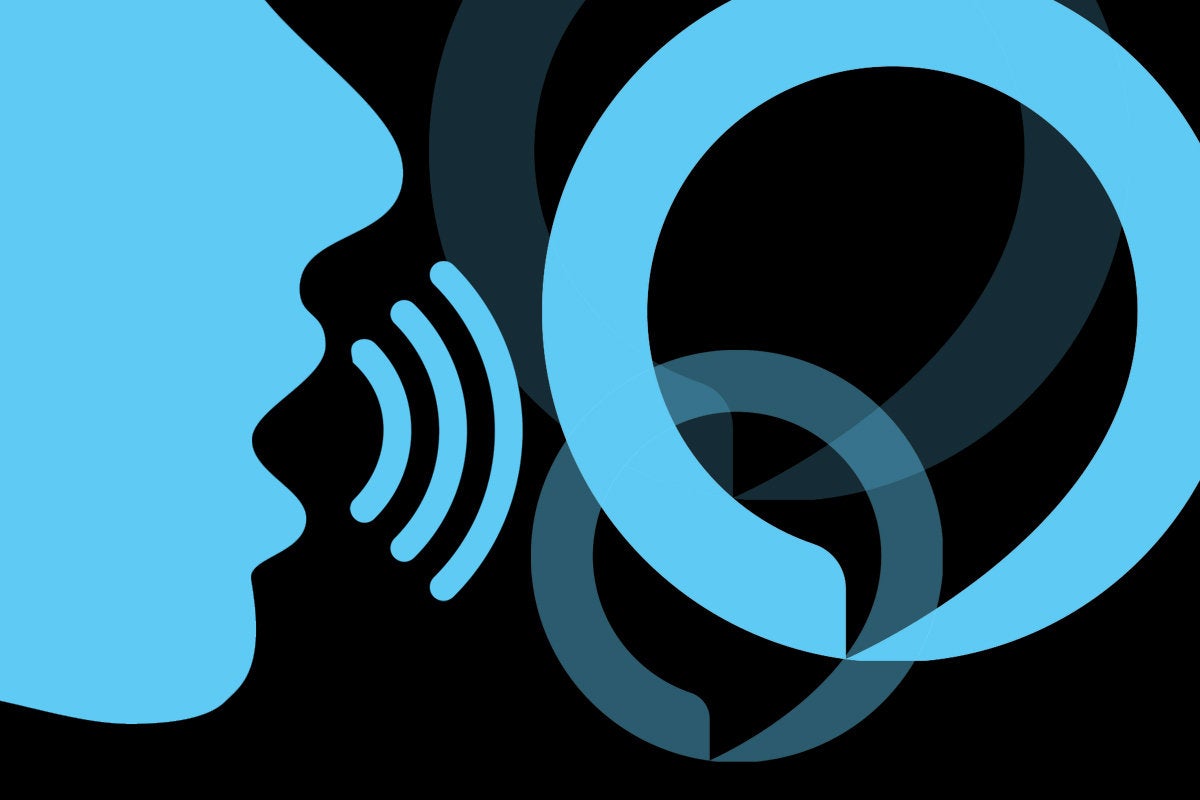Amazon likes to boast that there are “more than 900,000 registered Alexa developers who have built over 130,000 Alexa skills,” but it’s still the case that it’s virtually impossible to actually use more than a small handful of those skills. Hence, it’s not surprising that Priya Anand, after reviewing internal Amazon documents that detail slowing growth in Alexa devices, concluded that Alexa’s biggest problem is “people simply don’t find Alexa that useful.“
This is both true and false. Many of us have discovered great utility in Alexa, albeit in small, discrete functions. As one former Microsoft executive suggests, the secret to Alexa’s future success may well be to double down on creating rabidly loyal fans of these smaller functions, rather than trying to overawe us with 129,995 Alexa skills we’ll never discover or use.
You had one job…
For years our Amazon Echo has occupied a corner of our kitchen counter, our digital genie ever vigilant to our spoken command. Those commands, however, are very limited. “Alexa, set a pie timer for 40 minutes.” “Alexa, play ‘Girl from the North’ by Muzz.” “No, Alexa, I said PLAY THE SONG ‘GIRL FROM THE NORTH’ BY THE BAND MUZZ!” And so on. Very basic. We’re in the kitchen, we’re cooking, we need timers and sometimes music (or Audible) to accompany us. That’s 98% of our Alexa usage.
Chances are good that you’re the same. As analyst Benedict Evans muses, “Alexa has turned out to be a voice-activated clock radio with low retention.” How low? According to the internal Amazon documents, there have been years when 15% to 25% of new buyers were no longer actively using their Alexa device by the second week. Ouch.
For those who have figured out some discrete, repeatable task, Alexa is worth its minimal cost. As one commentator on Evans’ tweet notes, “I have numerous smart home devices: most lights in my house, fans, front door lock, garage opener, thermostats, many plugs, cameras, etc. We use Alexa to work with all these devices on [an] hourly basis. But without all that, I would have quit using it after two weeks.”
This proves another of Evans’ points: “The underlying fallacy was that people thought they were somehow seeing general AI and didn’t realize that a ‘voice assistant’ is just a voice-activated phone tree.” So, did Amazon oversell the possibilities of Alexa? Definitely maybe.
Do that one job better
Brian Hall thinks so. Hall, who now leads product marketing at Google Cloud but previously spent years at Microsoft running the company’s Surface business (among other things), thinks Amazon hasn’t focused enough on potential high-value users for Alexa. “It is so easy to think you have the technology and the use cases will find it. Sometimes that works. More often, you should focus on who should use the product and make it indispensable, and then grow from there,” he argues. “Alexa has totally failed to do that.”
He continues, Amazon could focus on making Alexa great for the kitchen (which speaks to my use case). I bake a lot and would love to be able to ask for recipe guidance rather than flip through a cookbook or constantly wake my laptop or phone to see how many tablespoons of baking powder I need to add. That sort of engagement drives deeper utility and deeper reliance on Alexa.
Hall says this should be the point, rather than chasing Alexa unit sales: “If I ran [Alexa], I’d find the real fans, make them even bigger fans, help them find the next people who should be fans, and build on that. They’ve chased unit sales and weak engagement, and it now shows.” For those who already have an Alexa device, you know that Amazon has been trying to boost engagement by having Alexa suggest all sorts of things you almost certainly don’t want (“Did you know that I can read out your calendar for the day?”) and proposing things that feel forced, like buying things through Amazon.com.
Hall’s counsel seems sage: Go big on a few small things. When I first wrote about Alexa in 2017, the company had already racked up 15,000 Alexa skills, and that felt like 14,995 too many. Just four years later we’re at 130,000, a nearly nine-fold increase. Meanwhile, people like my spouse are concerned by the privacy implications of this ever-listening, somewhat incompetent genie.
If in four more years, Amazon has succeeded in giving us 1.1 million Alexa skills but no deeper dependence on any one, or a tight coupling of a few for a given situation, like a cook in the kitchen, then people like my wife will simply scrap the Alexa experiment. For a division that reportedly costs $4.2 billion to run, that’s a costly, failed experiment.






